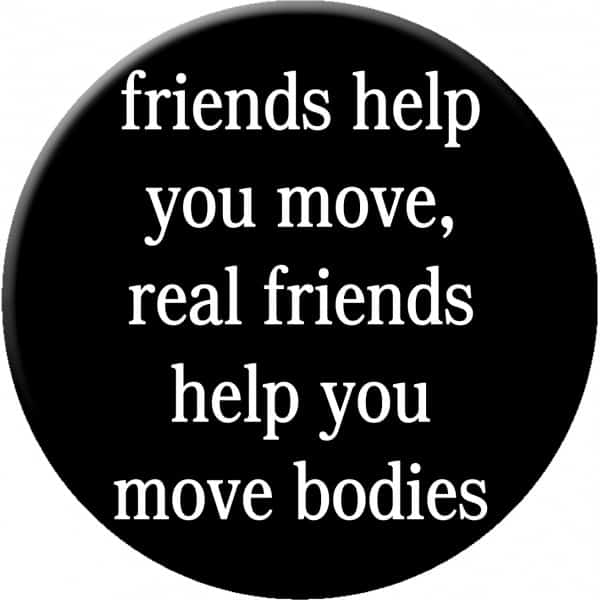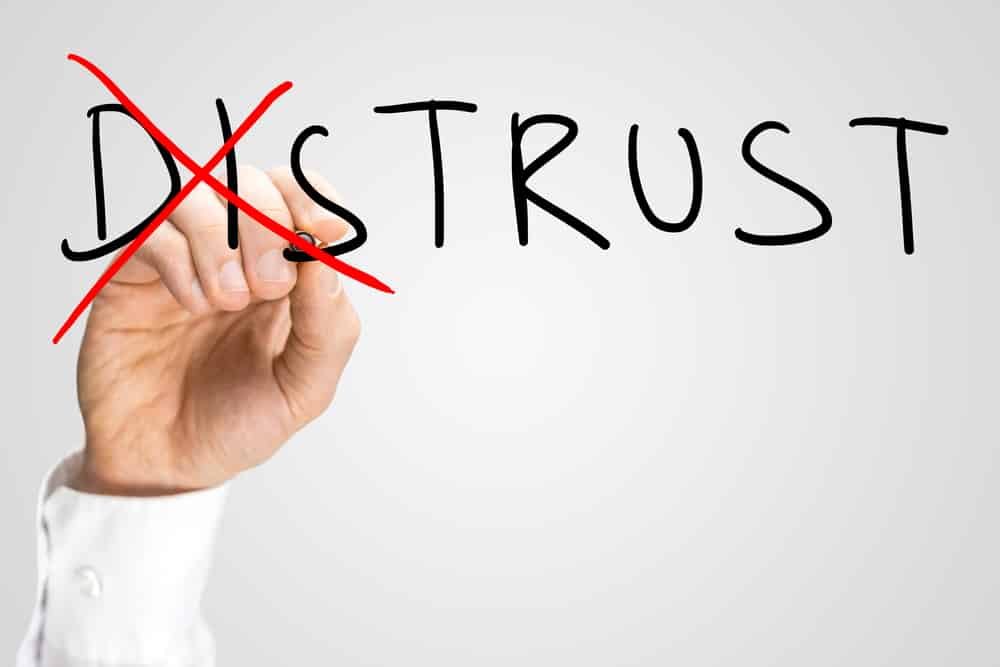A friend’s betrayal is bad enough when it happens to you, but when it happens to your child, it’s unbearable. You’d do anything to take the pain away but you know that you can’t. No one can do that for another person. The feelings must be felt by those who have been hurt. There’s no magic wand you can wave to make your child’s pain vanish into thin air.
But that doesn’t mean you should curl up into a ball of anguish and do nothing much but watch and obsess. There are things you can do to support your child: things you can do to help her get through this. Just by being kind and solicitous, your child sees that you have her back; that you care. The two of you can sit in companionable silence and not do much of anything at all. Still, your loving presence will be felt and appreciated.
It is also important for parents to understand that all life experiences offer life lessons. In the case of betrayal by a friend, the life lesson to be learned may be about acquiring resiliency: the ability to bounce back after tragedy. Nietzsche said, “That which does not kill us makes us stronger,” and this is certainly true here. Getting through a bad experience and coming out on the other side whole and happy, can’t happen without having had the bad experience in the first place.
A Friend’s Betrayal Is A Loss
A friend’s betrayal can be compared to the emotions that come with the mourning process after the death of a loved one. The betrayal is a loss of sorts. There is the loss of what the child supposed she had with this other being, the illusion of what was. She thought she had a friend. She thought she could trust this friend with her confidences. She thought this person represented someone like-minded, someone like her. One minute your child had these things, or so she thought, and the next minute, poof, all these things are gone.
The very real sense of loss can generate intense feelings of grief, sadness, anger, and even shame. A child can be surprised by the strength and persistent stubbornness of these feelings. She may wonder if it is normal to feel so strongly about what has happened.
It can be helpful for you to reassure her that her feelings are both normal and natural. Let her know that the feelings will linger for a time and then disappear as she works her way through what has happened. As she gains perspective on the issue, she will arrive at a place of emotional resolution.
Learning to recover from a friend’s betrayal is also about learning what is and isn’t appropriate to share with a friend and what must be kept private. The trust that exists between friends has boundaries. Developing the ability to impose boundaries is about protection and self-preservation and represents a crucial life skill.
You might want to discuss this with your child. Begin the conversation by asking if a friend has ever asked her to do something that makes her uncomfortable. Children can come to the conclusion that doing something unpleasant for a friend proves devotion. But that’s not necessarily true. Saying no can also be an act of friendship.

Friends should know and respect each others’ boundaries. And if a friend does something that makes your child feel unsafe, she should know that it is absolutely correct to seek help. These are definitely topics that need to be discussed at home.
In researching this piece, I came across the story of a little girl, only 6 years old, who was in tears because she’d trusted a friend with her password to an online game. The “friend” used the girl’s password to steal the items the other girl had earned. The little girl learned a lesson the hard way: don’t share passwords, even with your closest friend.
Though the incident was extremely painful, the little girl may come to see what happened as an important, albeit painful life lesson: Never share a password with anyone!
And for the purpose of learning this particular lesson, it is far better to have items stolen in a child’s game than to experience identity theft as an adult! Accepting responsibility for sharing her password in the first place, will be the most important part of this little girl’s healing process. Yes, her friend was wrong to abuse a friend’s password, but the little girl did something wrong in the first place by sharing information that is not meant to be shared. Owning up to her mistake is the difference between playing the “blame game” and growing, learning from, and moving past a formative incident in a child’s life.
The thing is that none of us wish such “lessons” on our children. At the same time, we’d rather them experience what in retrospect will seem like small incidents, than have them experience great tragedies later on. What we want is for them to grasp the concept of respecting privacy.
When a child shares a secret, her intention is to indicate feelings of deep loyalty and friendship. It is difficult to convey that respecting an individual’s privacy is an even greater indication of loyalty and friendship. Some things aren’t meant to be shared. “Friends don’t ask friends for passwords” is a good mantra to learn and take to heart.

Of course, there are many ways to betray a friend. Sometimes a person will punish another person with silence. Your child knows that her friend’s silence indicates that something is wrong. That SHE has done something wrong. But she may not know what is wrong or what she did to cause the silence.
Silence used in this way, indicates cruelty. A kind-hearted friend would not lock her out with silence. A real friend cares enough to talk things out. The purpose of silence here is to block any resolution of the issues. If your child doesn’t know what she has done, she can neither apologize nor resolve to do better in future. Silence therefore blocks any way back to friendship until such time as the silent one deigns to speak. Here, silence is cudgel, a weapon of hurt and control. Martin Luther King said it best, “There comes a time when silence is betrayal.”
No doubt, MLK was referencing bigotry, how not speaking out against bigotry is a betrayal of your fellow man at a time when he needs you most. Not speaking to a friend about a serious issue between the two of you, however, is also a betrayal. It’s a betrayal of your friendship. For it is only by working through crises that relationships grow stronger. The silent treatment breaks the relationship apart instead of fixing the rent in the fabric of the friendship.
It cannot be stressed too often that it will not help your child for you to explain that her friend is no friend; else she would not act this way. The friend’s behavior is a choice—it’s purposeful—she meant to hurt your child. Nevertheless your child will have to come to this conclusion on her own. For now, the best she can do is grieve for her lost friendship and wish that things could go back to being what they were prior to the betrayal.

Of course, that won’t happen. Things will never be what they were. Even if the two of them patch things up, it will never be quite the same. Where trust is lost, it is lost to an extent, forever.
Can It Be Fixed?
Still, your child may insist that things can be fixed, that the friendship is worth saving. In the event that your child wants to repair the friendship, you might want to gently lead her through this series of questions. Her responses may help clarify her feelings about this person and whether or not it would be wise repair the relationship:
- Does your friend know she has hurt you? Is she working on changing the hurtful behavior?
- Does your friend want to be forgiven? Has she agreed her behavior was wrong? Has she promised not to do it again?
- Did your friend do what she did because she was justifiably angry? Does she now regret acting as she did? Has she learned from her behavior? Is it unlikely that she will ever do this again?
- How long have you known each other? Is her behavior usual for her or was this just a one-time incident?
- Have you spoken about the issue? Has she accepted responsibility for her behavior?
- Did she hurt you intentionally?
- Why is this friendship worth fixing?
- How will it help you to fix this relationship?
Let’s say your child answers the questions and understands that at least for now, the friendship is not meant to be. That will not make what happened disappear. It may take a very long time for your child to feel better about what happened.
It may be that what happened to your child will repeat in her head, over and over again. She may need to talk about what happened and your job will be to listen. She may repeat to you the entire chain of events, several times, not really saying anything new. She just needs to vent. And your job will still be to listen.
You can’t change what happened to her. But by letting her talk, you are helping her regain her balance regarding the boundaries of trust in another person. If you are patient and let her repeat the story to you as many times as needed, she will learn that you are, as her parent, a person she can always trust, without fail. That is a very healing thought for a child.
Learning to Move Forward
Maybe she will see at some point that friends are fallible and this will allow her to change the way she feels about what happened. She may come to a place of forgiveness for the person who betrayed her, realizing that this person is human and that humans err. In learning to forgive even very poor behavior, for instance the betrayal of a friend, your child will finally learn to move past the pain and put the pain in the past.
